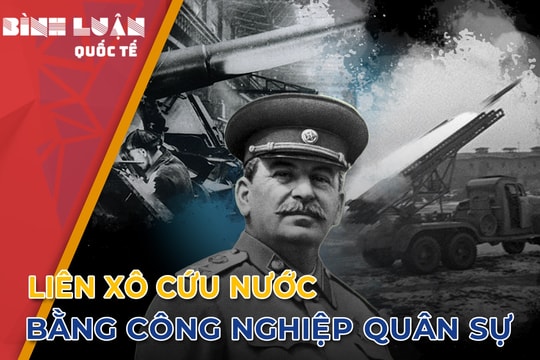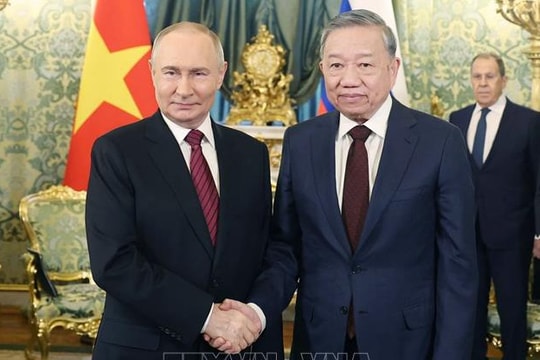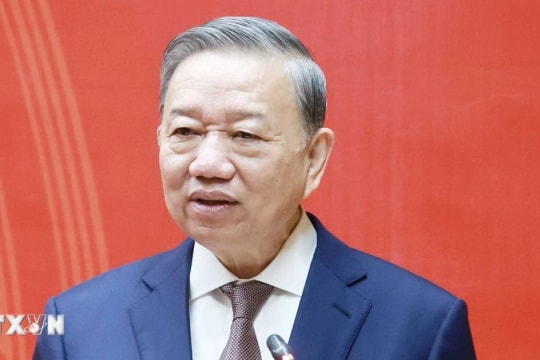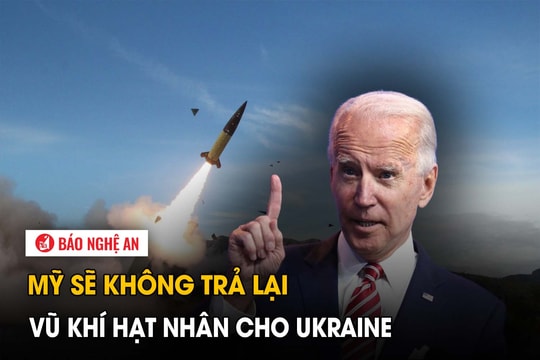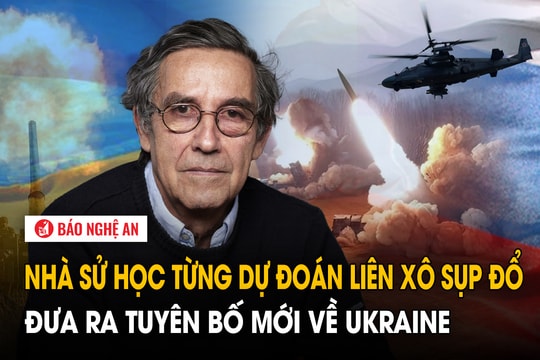Declassified reasons why the Soviet Union decided to send troops to Afghanistan
The Soviet Union's decision to enter the 10-year war in Afghanistan based on unverified information has been and remains a subject of debate among experts, although documents related to the issue have not been fully declassified.
Moscow sent troops into Afghanistan at the request of the country's government, but some forces considered it an act of Soviet aggression against sovereign Afghanistan.
Obviously, the invasion of Afghanistan was a major strategic mistake of the Soviet Union, with the consequences being about 14,000 Soviet soldiers killed, 6,300 wounded; increased military spending during the economic crisis; the formation of drug trafficking lines in the Soviet Union; the “Afghanistan syndrome” that heavily affected Soviet society; foreign policy damage and it was a strategic victory for the United States.
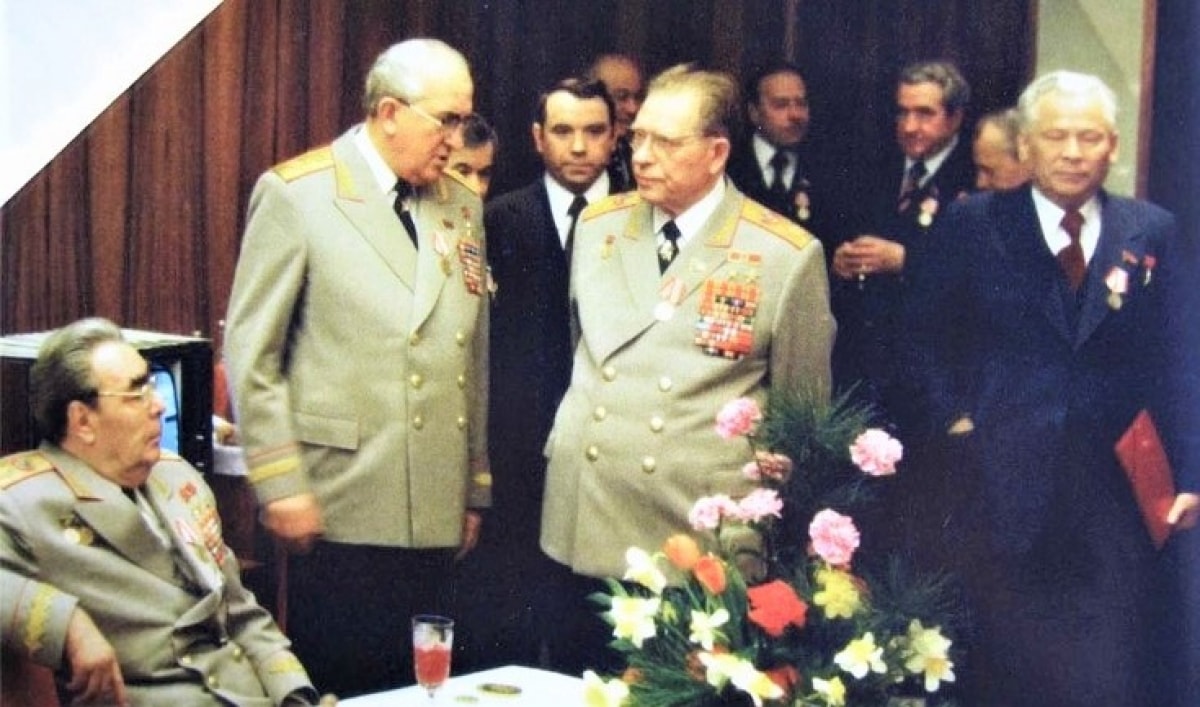 |
According to maxpark.com, for 3 days, from March 17-19, 1979, the Politburo of the Central Committee of the Communist Party of the Soviet Union (CPSU) discussed the situation in Afghanistan and came to the conclusion: Will provide military-technical and material support, but not send troops.
“We cannot take such risks,” said Soviet Council of Ministers Chairman Alexei Kosygin at the time, but several Politburo members, including Andropov, Ustinov and Gromyko, insisted that the decision to send troops would solve all the Soviet Union’s problems in the region. Yuri Andropov was the most prominent figure in favor of deploying troops to Afghanistan.
The military leadership - Marshals Ogarkov, Akhromeev and General Varennikov - also opposed, arguing that the Afghan leadership should resolve internal conflicts independently, that the Soviet military presence would only provoke hostilities and lead to the growth of the insurgency in the country, primarily directed against the Soviet army. Poor knowledge of Afghan customs and traditions, especially Islam, national-ethnic and tribal relations would put the Soviet soldiers in an extremely difficult position…
After the strong and decisive protests from the army, Brezhnev, who had always followed the General Staff's point of view, although he had approved intervention in Afghanistan, began to hesitate. Ogarkov, along with other generals, strongly opposed the invasion of Afghanistan, which was the subject of a new disagreement between him and Andropov's defense minister, Ustinov. At that moment Andropov said, based on some "intelligence data", that the US CIA in Türkiye was conducting an operation to create a "new Great Ottoman Empire" including the southern republics of the Soviet Union.
In fact, the US had already prepared Pershing missile batteries to deploy them in Afghanistan in the following months, and this endangered Soviet strategic facilities, including the Baikonur Cosmodrome; that, after the coup in Afghanistan, Pakistan was ready to start developing uranium mines in Afghanistan to build nuclear weapons.
Viktor Grishin recalls the history of the Soviet invasion of Afghanistan in 1979: One spring evening, Brezhnev called him to the office of the General Secretary of the CPSU Central Committee. Members, candidates of the Politburo and secretaries of the Central Committee gathered in Brezhnev's office. A conversation began about the events in Afghanistan. The message was delivered by the Chairman of the State Security Committee (KGB) Andropov, stating that the Daoud government had been overthrown in Afghanistan. Progressive forces, led (according to their information) by the communist Taraki, had come to power; the KGB continued to monitor the developments in Afghanistan.
Then the Secretary of the CPSU Central Committee BN Ponomarev spoke. He said: “We know comrade Taraki as a trustworthy person.”
There was no lengthy discussion on the matter, and it was not a formal Politburo meeting, but more a conversation about what was happening in the neighboring country. Everyone was pleased that pro-communist progressive forces had come to power in Afghanistan; it was agreed that the KGB, the Foreign Ministry and the Ministry of Defense would continue to monitor the development of events in the country, keeping the Politburo and the country's leadership informed.
Andropov, Gromyko, and Ustinov were involved in Afghanistan. They monitored the development of events, prepared information and proposals for the Politburo of the Central Committee on Afghanistan. According to information from Andropov, Gromyko, and Ustinov, a power struggle between the groups and clans of Taraki and Amin began in Afghanistan shortly thereafter. The Soviet leadership received messages from Afghan leaders that Taraki was allegedly ill, hospitalized, and died there; Amin assumed leadership in Afghanistan.
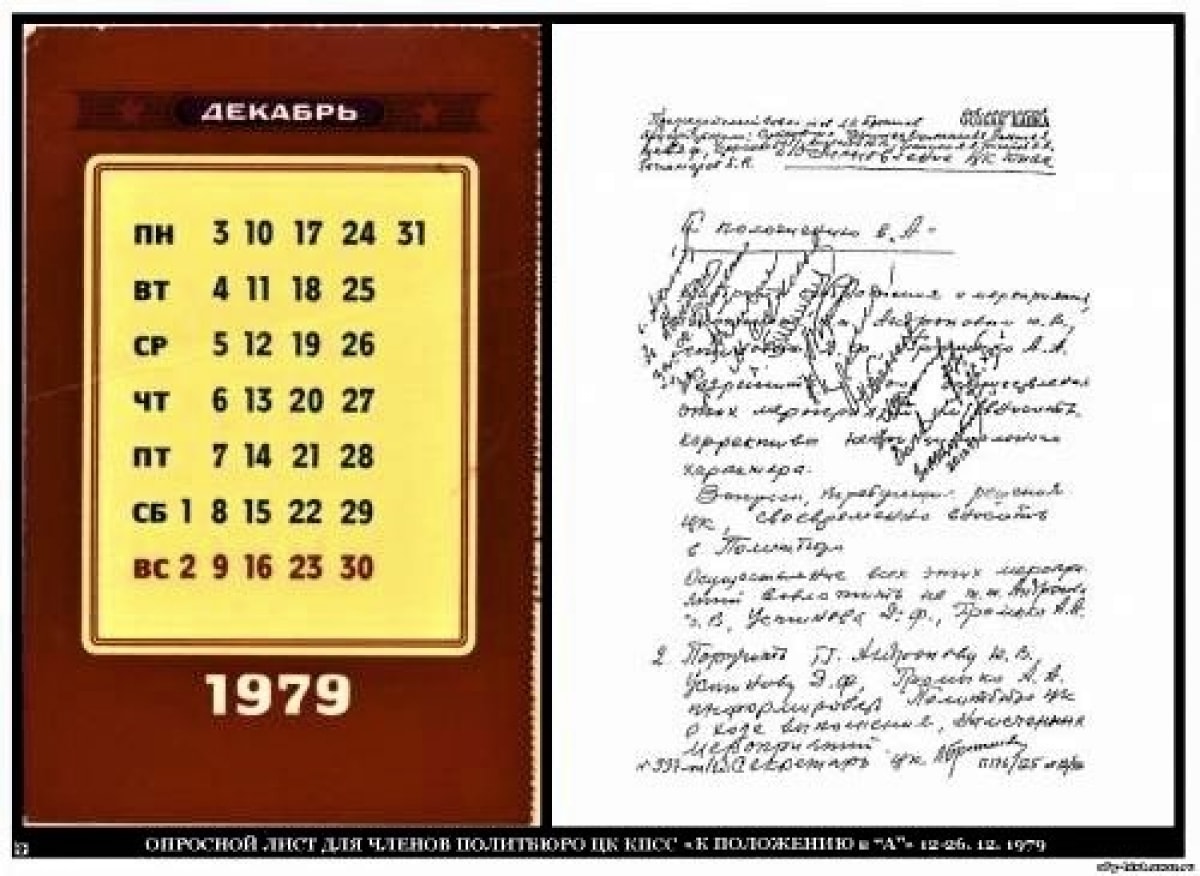 |
| Resolutions and opinions of the CPSU Politburo members. Source: maxpark.com |
Through KGB channels, information was received that Amin had carried out reprisals against the entire Taraki family and that Taraki himself had been murdered; Taraki's relatives and supporters were forced to move to a desert area, far from settlements, and were starving. Soviet efforts through the KGB and the Embassy to force Amin to treat Taraki's relatives humanely were fruitless; Soviet efforts to protect them were rebuffed.
At a regular meeting of the Politburo of the Central Committee, Yu.V. Andropov said that according to the information available, Amin was a CIA agent; more and more people from the American and Pakistani intelligence agencies were coming to Afghanistan; large shipments of weapons were being supplied to Afghanistan from the United States and Pakistan. At the same time, Amin sent several telegrams requesting to be received in Moscow. But the Soviet leadership considered it inappropriate to receive Amin, because it would mean Soviet support for this figure, disorienting the progressive forces inside Afghanistan who were opposing Amin and his policies. Believing the KGB information, the Politburo leaned towards the “hawks”.
In reality, Amin was not a CIA agent, he would have been a loyal ally of the Soviet Union, but due to “misinformation” he was discredited in the eyes of the Soviet leadership. To do this, they misinformed the Soviet leadership, which opposed sending troops to Afghanistan. Dmitry Fedorovich Ustinov “played the role of the main supporter” of the issue of sending troops, and Anatoly Gromyko was the third person responsible for this disastrous decision.
On December 8, 1979, a meeting of the “miniature Politburo” took place. At the meeting with Brezhnev on the issue of Afghanistan, the leaders of the General Staff of the Soviet Armed Forces - NV Ogarkov, SF Akhromeev, and VI Varennikov, and the Commander-in-Chief of the Land Forces - General IG Pavlovsky, while waiting for the final decision of the Soviet Political leadership, opposed the deployment of troops. After much deliberation, the decision was made to send a small force of 75,000-80,000 people to the Democratic Republic of Afghanistan (DRA). On December 10, they met again, inviting Chief of the General Staff Nikolai Ogarkov - who opposed the deployment of troops, saying that 75,000 problems would not solve the task.
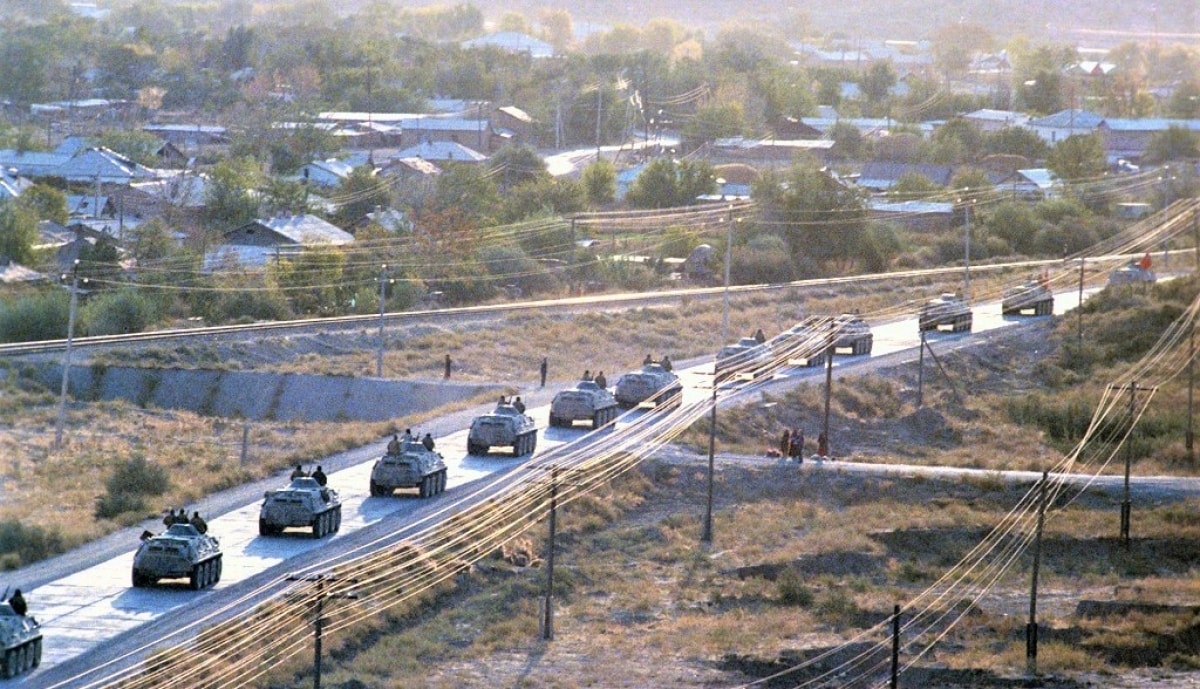 |
On December 12, 1979, the Politburo made the final decision on sending troops to Afghanistan, formalized in the form of a secret resolution of the CPSU Central Committee N 176/125 “On the situation in 'A'”. The hesitation was ended by the plan to deploy NATO medium-range missiles in Europe, capable of striking deep into the territory of the Alliance, approved at a meeting in Brussels...
Among the Politburo members, the document lacks only the signature of the Chairman of the Council of Ministers of the USSR Kosygin. In 1978-1979, he actively participated in the discussions on the Afghan issue. He was the only one who later opposed and refused to support the decision to send troops to Afghanistan. Among those who were not Politburo members at the meeting on December 12, 1979, there was BN Ponomarev, candidate member of the Politburo of the CPSU Central Committee (1972-1986), Secretary of the CPSU Central Committee (1961-1986), in 1955-1986 he was Head of the CPSU Central Committee's Foreign Affairs Department.
In accordance with the decision of the Politburo and the directive of the USSR Ministry of Defense No. 312/12/00133 dated December 10, 1079 (on the preparation and deployment of about 75,000-80,000 troops to the territory of the DRA), a combat group of the USSR Ministry of Defense was formed on December 13, under the command of General SF Akhromeev. After that, the expeditionary force of the Soviet army, known as the “Limited Forces of the Soviet Army in Afghanistan”, began to take shape.
The new Soviet ambassador in Kabul, FA Tabeyev, informed the DRA leader, Hafizullah Amin, in advance of the decision of the top leadership of the CPSU and the Soviet Union to provide military support to the government in the form of sending troops into Afghanistan. Amin, as the Supreme Commander of the Armed Forces, gave the appropriate instructions to the DRA General Staff to ensure coordination and support for the Soviet command. That is how the Soviet Army entered the war and became bogged down in the 10-year-long war in Afghanistan./.

